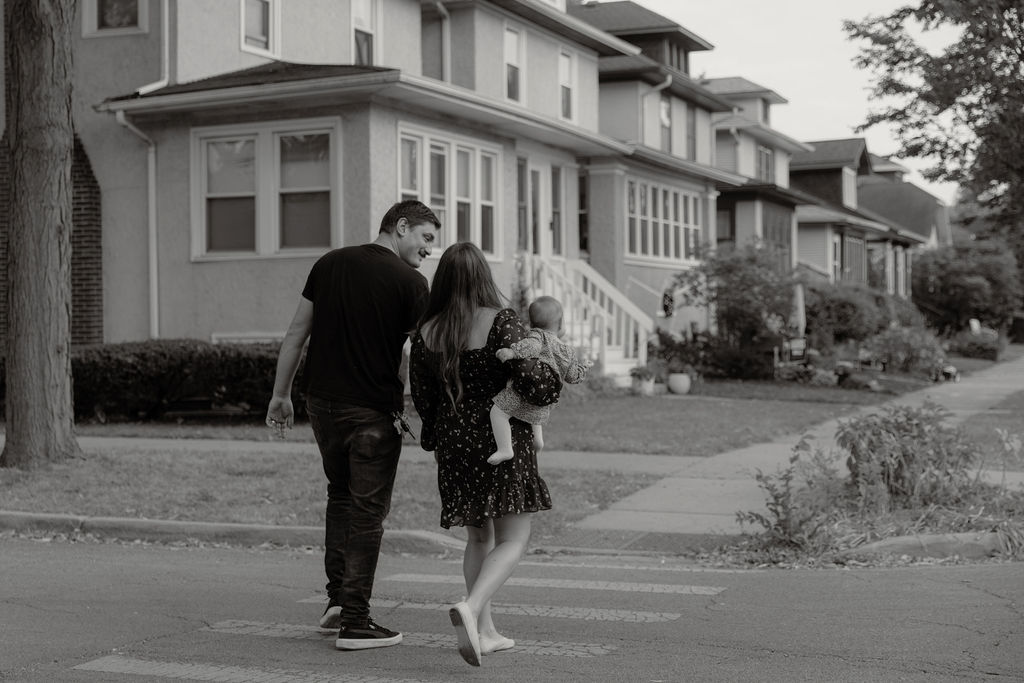Understanding Betrayal Trauma in Marriage Relationships

What is Betrayal Trauma?
Betrayal trauma refers to the experience of trauma caused by the betrayal of a trusted person or institution. Extensive research has been conducted to understand the impact, causes, and recovery from betrayal trauma.
According to a study published in Medical News Today, individuals are more likely to forget traumatic events that involve a high degree of betrayal. This phenomenon is referred to as “betrayal blindness”[1].
Psychology Today highlights that betrayal is common in interpersonal traumas and is an integral part of the harm caused by trauma[2].
The theory of betrayal trauma, proposed by Jennifer Freyd, suggests that individuals may experience betrayal trauma when they are terrified, sometimes for their physical safety or life[3].
One study explored the association between social support and posttraumatic stress disorder (PTSD) symptom severity among betrayal trauma survivors. The results indicated that social support is a significant predictor of PTSD symptom severity among such individuals[4].
It is important to note that amnesia for childhood abuse, referred to as “forgetting of traumatic experiences,” can occur due to the necessity for survival, as not knowing about abuse by a caregiver is often crucial[5].
These sources provide valuable insights into the impact, causes, and coping mechanisms related to betrayal trauma.
Sources:
- Betrayal trauma: Impact, causes, and recovery – Medical News Today
- When a Trauma Is Also a Betrayal | Psychology Today
- Betrayal Trauma: Causes, Symptoms, Impact, and Coping – Verywell Mind
- The association between social support and posttraumatic stress – APA PsycNet
- Betrayal Trauma – an overview | ScienceDirect Topics
Betrayal Trauma in Marriage
Betrayal trauma in marriage refers to the trauma caused by a violation of trust by one partner in a committed relationship towards the other. The betrayed partner may feel hurt, and angry, and experience feelings of betrayal, resulting in marital conflict and distress [1]. Infidelity is one common form of betrayal trauma in marriage that can result in significant emotional fallout. The wronged spouse may feel unlovable, humiliated, rejected, and experience extreme anxiety and fear [2]. But although infidelity is one significant cause of betrayal trauma in marriage, it is not the only one. Other forms of betrayal can include emotional neglect, abandonment, or physical abuse.
Recovering from betrayal trauma in marriage requires both individual and joint efforts of the partners. Communication, honesty, and trust are key factors in the healing process. Counseling sessions and support group programs are also recommended for couples dealing with betrayal trauma in marriage.
Sources:
- What Is Betrayal Trauma: Signs & Ways to Heal – Marriage.com
- Betrayal Trauma: Signs and How to Start Healing – Healthline
Betrayal Trauma Because of a Pornography Addiction
Betrayal trauma in marriage can certainly occur due to a partner’s pornography addiction. When one partner engages in a secretive and compulsive use of pornography, it can result in feelings of betrayal, hurt, and a breakdown of trust in the relationship. The non-addicted partner may experience a range of emotions, including shock, anger, sadness, and a diminished sense of self-worth.
The Impact of pornography addiction
The impact of a pornography addiction on the betrayed partner can be significant. It may lead to feelings of insecurity, inadequacy, and a loss of intimacy within the marriage. The betrayed partner may also experience a sense of being objectified or compared to the images seen in pornography.
Symptoms of Betrayal Trauma
Betrayal trauma refers to the emotional distress experienced after a betrayal by someone close. The symptoms can vary from person to person, but here are some common ones:
- Emotional turmoil: Feelings of shock, anger, sadness, confusion, and disbelief.
- Difficulty trusting: You may find it challenging to trust others or be skeptical of their motives.
- Intrusive thoughts: Constant thoughts or memories of the betrayal that intrude on your daily life.
- Sense of isolation: Feeling alone and disconnected from others, even those who were not involved in the betrayal.
- Loss of self-esteem: Betrayal can leave you questioning your self-worth and doubting your abilities.
- Difficulty in forming new relationships: Trust issues may make it hard to build new connections with others.
- Physical symptoms: Betrayal trauma can manifest as physical symptoms such as headaches, digestive issues, and sleep disturbances.
It’s important to remember that these symptoms can vary in intensity and duration. Seeking support
Many affected partners will experience symptoms like loss, shock, sadness, less self-esteem, and anger. Anger is helpful to understand when talking about betrayal Trauma. In the book, “Facing Heartbreak”, (Carnes, Lee, Rodriguez 2015) there are different types of anger.
- Anger is an emotional state that can range in intensity from mild irritation to extreme rage.
- Aggression is a behavior that is intended to cause harm to another person or damage property.
- Hostility is a set of attitudes and judgments that motivate aggressive behaviors.
- Rage is the strongest form of anger — very physical and threatening, including a possible lack of control over behavior. Fear and shame are often the roots of rage.
- Resentment is a process in which anger is stored, usually accompanied by a belief that we have been injured by others.
- Hatred is the end product of unresolved resentment — “frozen” anger that results in an intense and unchanging dislike of another person (pg 83).
Anger is sometimes the only vehicle one has to express emotion after experiencing betrayal trauma. This is because many times we feel that any other emotion feels too vulnerable.
Recovery from Betrayal Trauma
Recovery from betrayal trauma in the context of a pornography addiction is a complex process. It often involves open and honest communication, establishing boundaries, seeking professional help such as therapy or counseling, and engaging in a process of healing and rebuilding trust.
Steps for Recovery include:
- Establishing boundaries for yourself and your relationship with your partner.
- Communicate to your partner what the next steps will be towards restoration if that is something you desire.
- Ask your partner for updates on sobriety.
- Ask for total disclosure at one meeting to avoid staggered disclosure which can promote more trauma. Write a list of questions to ask your partner for the answers to. Total discloser is helpful for you to move past the betrayal and move forward.
- Write a letter to your partner to share how the addiction, lies, or/and infidelity has affected you.
- Share the letter you wrote to your partner about his addiction.
- Lastly, there should be a meeting where your partner shares his apology and remorse for the pain caused.

This entire process can be done with a professional present and usually includes the addicted partner, their individual therapists, and the betrayed partner.
It’s important for both partners to recognize that healing from trauma may take time and concerted effort. It can also be beneficial to seek support from professionals who specialize in addiction and trauma to guide the healing process and provide the necessary tools for recovery.
If you or someone you know is experiencing trauma in a relationship due to a partner’s pornography addiction, it is advisable to seek professional help and support to navigate through the challenges and work towards healing and rebuilding the relationship.
Hannah is focussing on betrayal trauma and working with the betrayed partners. If this is you please don’t hesitate to reach out for betrayal trauma-specific therapy by visiting www.hannahlynnmiller.com/therapy
More resources for betrayal trauma include:
Start Therapy Today
In person sessions 53 W. Jackson, suite 1615 Chicago 60604
Visit: https://hannahlynnmiller.com/therapy/ or Pneumachicago.com
Email: hannah@pneumachicago.com









